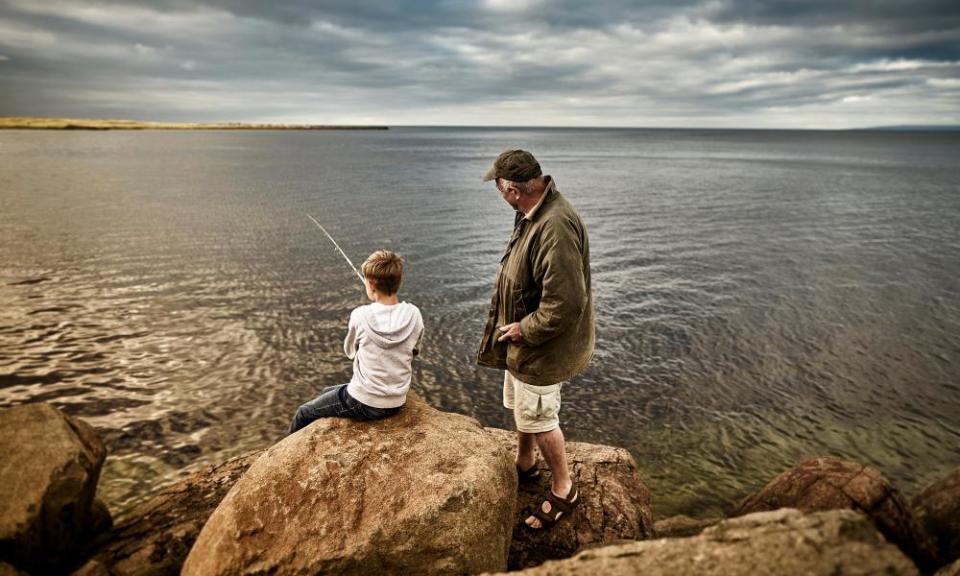Scotland sets out to speed up kinship care system

For children who cannot live with their parents, making a new home with relatives or friends can be a hugely positive alternative to care. However, in Scotland, delays to the organising of permanent kinship care are raising concerns that children are being left in limbo.
Carol Wassell and her team at Strathclyde University’s Centre for Excellence for Looked After Children in Scotland (Celcis), have been looking at how the system can be changed to identify carers more quickly.
The team is scrutinising data in 15 of the 32 Scottish local authorities to work out how long it takes social workers to decide whether or not to permanently place children in kinship care.
One way of speeding up the process is to assess potential carers as soon as a child is taken into temporary care. This way, if it’s decided that the child cannot go home to their parents, they can quickly move to a kinship placement.
“Sometimes we do the assessment of parental capacity to rule out whether or not the child can go home; in the current system that can take months,” says Wassell. “If it doesn’t look likely, we then start assessing kinship options. We’re saying that’s too late.”
Another option is to look at possible kinship carers within a year of a child being put on a local authority’s child protection register.
Wassell’s work is part of Permanence and Care Excellence, a project delivered by Celcis and the Scottish government in an attempt to reduce the delay in finding long-term, stable homes for looked-after children.
There have been successes already. In one local authority, where it took, on average, a year to make a permanence decision for a child, Wassell’s team set a target of reducing it to nine months – it has since come down to seven.
Looking at kinship care options is a challenging job for social workers, Wassell says. “It’s a big task. Parents can often be quite reluctant to tell you who may be around as an alternative carer for a child, because they do not have a good relationship with that person themselves.
“It’s extremely time-consuming because there may be seven or eight people who have to be assessed.”
But while assessing potential carers falls to the remit of social workers, it is crucial that any other agencies involved – such as health visitors, school nurses, educational psychologists and community mental health services – help identify them.
“There’s a wealth of in-depth information about who could potentially be around for that child,” Wassell says.
Nicky’s story: ‘God knows what would have happened if he’d ended up in the care system’

James and his wife Susan from north Lanarkshire have been kinship carers for 14-year-old Nicky, the son of Susan’s cousin, since he was seven.
Both Nicky’s parents were addicts. Social workers initially placed him with his grandmother, but her health deteriorated because of the emotional strain. So after talking to our two children, my wife and I took the wee one in.
When he came to us Nicky was very withdrawn. He wouldn’t speak, so we gave him a notepad and pen and said: “You let us know.” Eventually he started to talk and draw pictures of what had happened: different coloured pills; a needle dripping with blood; his father slapping his mother to try and bring her round after she’d overdosed.
His mother was using drugs when she was pregnant. That, and the neglect, took its toll. He has attention deficit disorder, low-threshold Tourette syndrome and developmental trauma disorder. We’ve worked with the education authorities and mental health services to help him understand that it’s not his fault.
We’re one big family: my kids, nephews and grandchildren – we all work as a team. We have a really good social worker who we can get in touch with as soon as there’s an issue. God knows what would have happened to Nicky if he’d ended up in the care system. He’s just a normal teenager really. He’s got a tremendous personality – he can be a practical joker and has a great laugh. It’s been a privilege having him with us.”
All names have been changed

 Yahoo News
Yahoo News 
